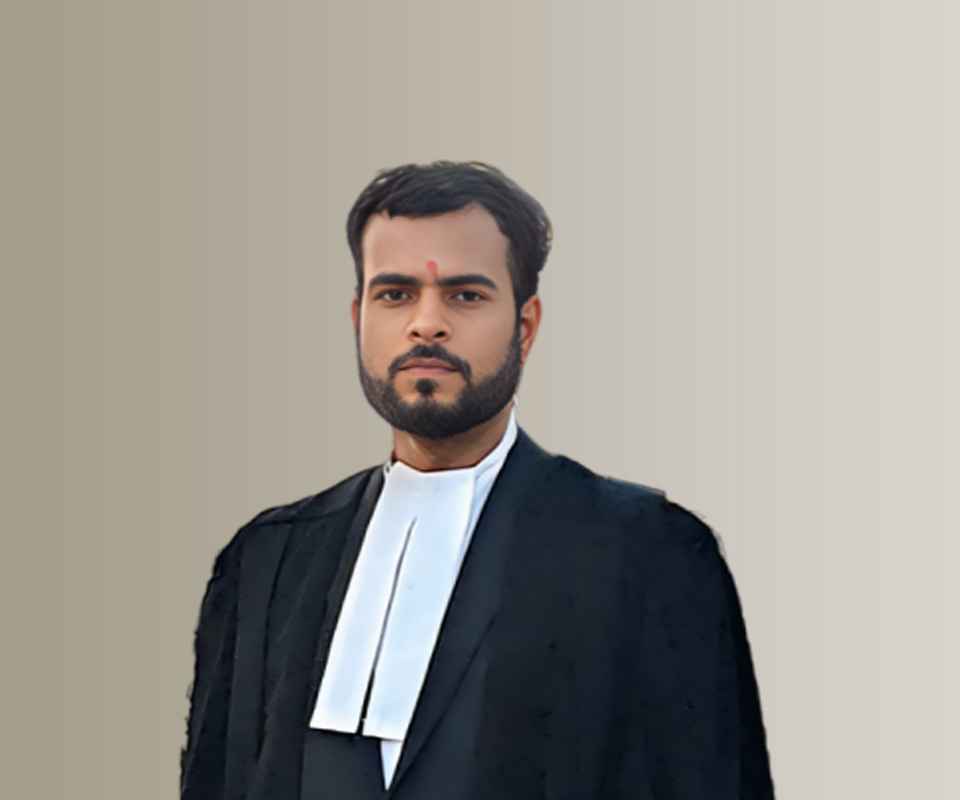Answer By law4u team
As society increasingly recognizes the needs and rights of senior citizens, the question of their privacy—especially in public spaces—has come to the forefront. While privacy is a fundamental human right, older adults may face heightened vulnerability due to factors like frailty, cognitive decline, and social isolation. This makes it essential to explore whether there are specific laws or regulations that safeguard elderly people's privacy in public spaces, whether in terms of personal dignity, data protection, or protection from unwanted attention or exploitation.
Elder-Specific Privacy Rights in Public Spaces
General Privacy Laws and Senior Citizens
Privacy rights generally apply equally to all individuals, regardless of age, but there are nuances in how these laws impact elderly individuals due to their unique needs and vulnerabilities. For example, laws protecting against elder abuse or discrimination may intersect with privacy rights. These protections can include:
- Protection from surveillance: Public spaces are often subject to surveillance, whether through CCTV cameras or data collection mechanisms (like facial recognition software). Elderly people may be at a heightened risk of being targeted or exploited, so protections are in place in some jurisdictions to regulate surveillance.
- Protection against exploitation: Elderly individuals may be more susceptible to being manipulated or coerced in public settings, particularly through aggressive telemarketing, fraud, or unwanted solicitation.
Surveillance and Elderly Privacy
While public spaces are generally not expected to provide the same level of privacy as a private home, elderly individuals may be subject to additional privacy concerns. These include:
- Over-surveillance: Increasing reliance on facial recognition and biometric technology in public spaces can disproportionately affect elderly individuals, potentially exposing them to risks of identity theft, targeted scams, or privacy violations.
- Informed Consent: If an elderly person is being filmed or monitored in public spaces, consent protocols must be clear. Many regions are now introducing regulations that mandate public institutions (airports, banks, malls, etc.) to inform individuals about the presence of surveillance and the intended use of data.
Elder Rights in Public Health and Social Contexts
Healthcare Privacy: Elderly individuals who visit healthcare centers or pharmacies are entitled to the same privacy protections under laws like HIPAA (Health Insurance Portability and Accountability Act) in the United States, which ensures that their health information is not publicly disclosed without consent.
Non-Discrimination: Laws protect elderly individuals from discrimination in public spaces based on their age or disabilities. This ensures that their dignity is maintained, and they are not exposed to invasive questioning or scrutiny in public settings.
Protection from Exploitation in Public Spaces
Older adults are frequently targeted by individuals who take advantage of their vulnerability in public places. This includes:
- Financial exploitation: Elderly people in public spaces (e.g., on the street, in markets, or in public transport) are at risk of fraudulent schemes, such as scams or theft.
- Physical exploitation: This can involve unwarranted touching, harassment, or emotional exploitation in public spaces.
- Digital exploitation: With the rise of digital technologies, elderly people can become targets of identity theft or online scams while accessing public Wi-Fi or using public services like ATMs or self-checkout systems.
Privacy in Social Media and Digital Platforms
Seniors are increasingly active on social media and digital platforms, where they share personal information, photos, and updates. Privacy concerns emerge in situations where their digital data is misused or disclosed without their consent, particularly when they may lack the technical knowledge to safeguard their personal data.
Data Protection: The General Data Protection Regulation (GDPR) in Europe and similar laws in other countries emphasize the importance of safeguarding the personal data of vulnerable groups, including the elderly. These laws ensure that digital platforms and businesses must seek explicit consent before processing an older individual’s personal data and protect it from misuse.
Elderly's Social Media Privacy: On social media platforms, seniors must be educated about potential risks like oversharing and the risks of interacting with strangers. They should have control over who sees their posts and be vigilant against scams.
Assisted Living and Senior Care Facilities
Elderly people living in assisted care or nursing homes are entitled to privacy regarding their personal lives, medical records, and correspondence. These institutions must adhere to specific privacy guidelines:
- Personal Information Protection: Senior care facilities are required to safeguard the personal information and medical details of their residents. Unauthorized sharing or exposure of these details is a violation of privacy laws.
- Respecting Dignity: In assisted living environments, the right to privacy includes the dignity of the elderly. Caregivers are required to respect the elder’s privacy and not invade their personal space or expose them to unnecessary observation.
Legal Protections in Public Spaces
In several regions, specific privacy-related rights are extended to elderly individuals under broader human rights frameworks or anti-discrimination laws:
- Equality and Privacy: In countries with anti-discrimination laws, senior citizens are given equal protection under the law regarding privacy. This means they cannot be subjected to unwanted attention or discrimination due to their age or health status in public spaces.
- Elder Abuse Protection Laws: Many countries have laws that directly protect elderly people from abuse in public spaces, including both physical and emotional abuse. These laws help prevent invasive behavior and guarantee the elder’s personal dignity in all environments, including public spaces.
Practical Examples of Elder-Specific Privacy Rights in Public Spaces
Scenario: Financial Scams in Public
Mr. Kumar, a 70-year-old man, receives a call while shopping in a market. The caller, pretending to be from his bank, asks for his card details. Mr. Kumar, aware of privacy and data protection laws, refuses to give any information and reports the incident to the authorities.
Protection in Action:
- Mr. Kumar’s privacy is protected through data protection laws, which prevent unauthorized access to his personal financial information.
- The market has surveillance that captures the identity of the scammer, but Mr. Kumar's right to anonymity is respected.
Scenario: Elderly Resident in a Care Facility
Mrs. Sharma, a resident of a nursing home, has personal letters and communication that she does not wish to be read by others. The staff at the facility respect her privacy by ensuring that her mail is not opened or shared with anyone without her consent.
Protection in Action:
- The facility is required by law to respect Mrs. Sharma's confidentiality and dignity. Her medical and personal information is protected under laws that ensure privacy for senior residents.
- The staff is trained to recognize and prevent potential abuse or exploitation, ensuring Mrs. Sharma's rights are respected.
Scenario: Social Media Usage
Mr. and Mrs. Mehta, both in their 80s, enjoy posting pictures of family gatherings on Facebook. However, they are cautious about who can see their posts. They adjust their privacy settings to limit access to friends and family, protecting their personal data from being shared publicly.
Protection in Action:
- Through the GDPR or similar laws, platforms like Facebook are required to provide seniors with clear consent forms regarding data collection.
- Mr. and Mrs. Mehta have control over who sees their posts and can adjust their privacy settings at any time.
This exploration shows that while elder-specific privacy rights in public spaces exist under various legal frameworks, it is also important for seniors to be educated about their rights and responsibilities. Governments, institutions, and communities must continue to promote awareness and ensure that elderly people’s privacy, dignity, and safety are respected in all public environments.







